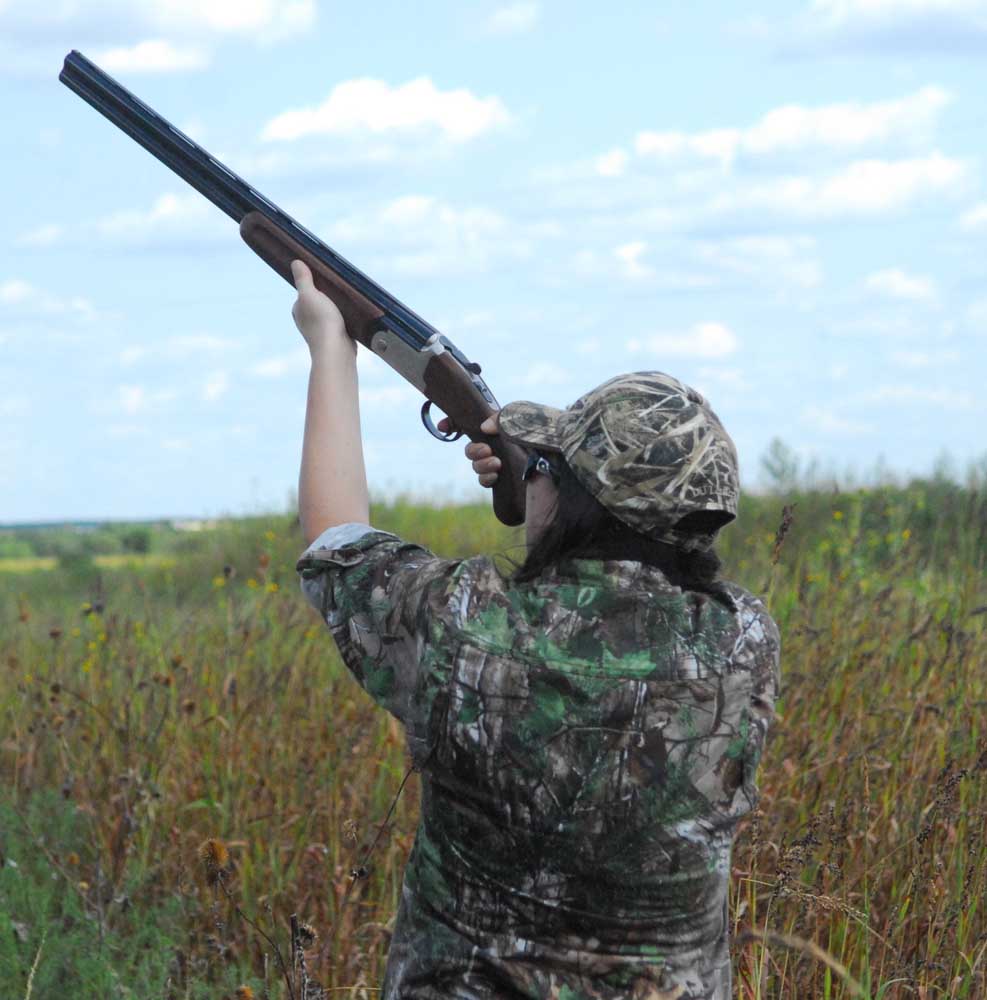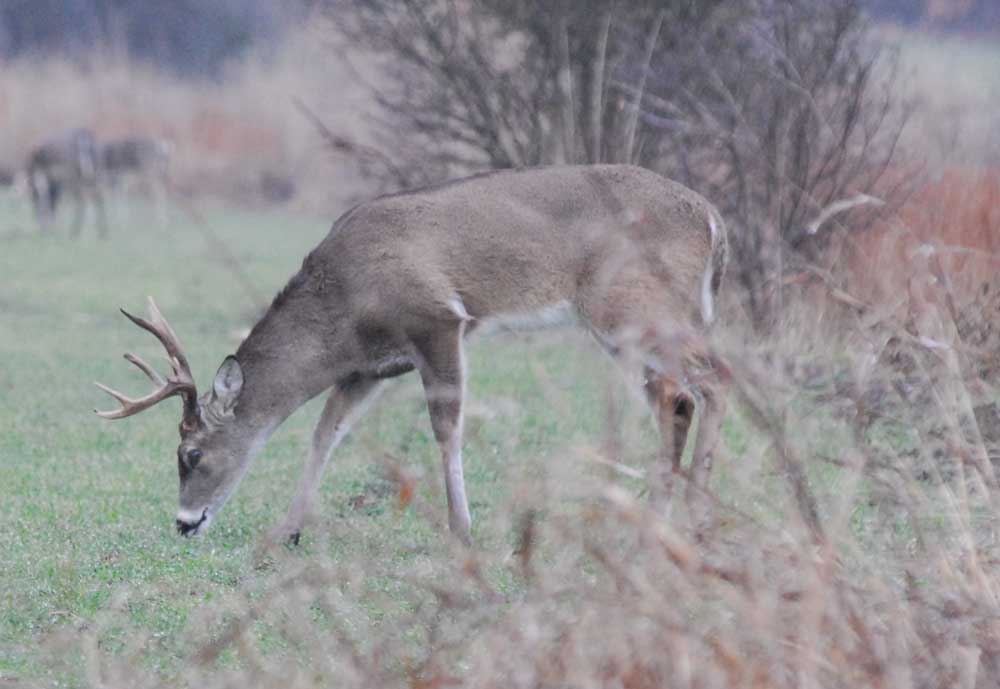Safety First: Texas Hunters Record Safest Year In Over 50 Years
Published 6:00 am Friday, March 18, 2022

- Since hunter education became mandatory in Texas in 1988 accidents and deaths in the field have declined dramatically.
Congratulations Texas hunters, you did well last year. No, not for the deer you took or the shot you made on those ducks and dove.
Nope, this attaboy comes for being safe, the safest Texas hunters have been since records were first kept in 1966.
Trending
The Texas Parks and Wildlife Department recently released its accident report for 2021 and the count was 12 hunting accidents, but sadly that included one fatality. That is out of a total of 1.23 million hunters and who knows how many actual hunter days.
This marks the third consecutive year for a lone fatality, but the 11 other accidents beat the previous low of 20 in 2018, a year with three fatalities.
So for a little perspective. Prior to mandatory hunter education in Texas in 1988, accidents and fatalities were a serious problem. Annually hunter fatalities would be in the 20s and 30s, with the worst year being 1968 when 37 died. There would be 50, 60 and as many 74 accidents in a year with total hunter numbers being anywhere from 100,000 to 500,000 lower than they are today.
The lone fatality in 2021 was a tragic accident in Harrison County where a father was releasing the pressure on the trigger spring on a rifle he believed unloaded, shooting his 11-year-old daughter.
As is normally the case the majority of the accidents last year involved bird hunters.
“In 2021, three quarters of the incidents were what we call ‘swinging on game outside of a safe zone of fire.’ This is the most common mishap in Texas besides careless handling in and around vehicles. The cardinal rule of hunting and shooting safety is keeping the muzzle of a firearm always pointed in a safe direction,” said Steve Hall, TPWD Hunter Education Coordinator.
Trending
Hunter education gets a lot of credit for the uptick in hunter safety as it should. Historically any education fell on the shoulders of mentors like parents or grandparents, but for the most part beyond basic firearms handling it was non-existent.
More formal education first arrived in the state as a voluntary offering in 1971. It did not become mandatory until 1988, but within five years hunting fatalities dropped and have remained below double-digits and non-fatal accidents began to dip year after year.
Initially the course was only offered in a classroom setting, but since 2013 hunters 17 and older can take it online as well. The first year the course was mandatory only 18,000 took it. Last year it was more than 49,000. To date more than 1.5 million hunters have taken the course.
“As a result of the multi-prong approach, the program began certifying over twice as many hunters each year, increasing convenience and awareness in the process,” Hall said.
The decline in hunting accidents is remarkable when considering everything involved. Unlike the controlled activities on a skeet range, hunting often combines the quick reaction with a gun to the unpredictable movements of a bird. That is especially the case when hunters surround a dove field.
Because it is primarily on private land, big game hunting should be a safe activity in Texas. Hunters should know where others on the lease are hunting and do not make the mistake of walking into another hunter’s areas. Truth is there really is no excuse for an accident in which one hunter misidentifies another as a game animal. It is too easy to use binoculars to identify a target and to know the backdrop before ever picking up a rifle.
More common is accidents in and around vehicles, but those too should never occur by simply loading or unloading inside the blind. While it is completely legal to drive to a pasture and hunt, it is too easy to have an unloaded rifle or at the very least open the bolt and not load the gun or close the bolt until aiming at the target.
Hunter education is mandatory for hunters in Texas 17 and older born after Sept. 2, 1971. Those hunters who have not taken the course can obtain a one-time one-year deferral.
The classroom course is for hunters 9 and older, however, hunters 16 and under may hunt without certification if they are accompanied by a certified or exempt-by-age hunter. Those under 9 must follow the accompanied rule to hunt.
For more information on hunter education options in Texas go online to https://tpwd.texas.gov/ed






